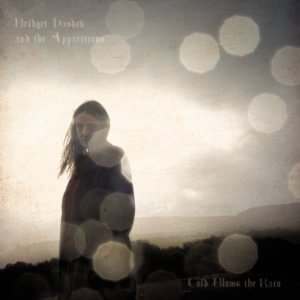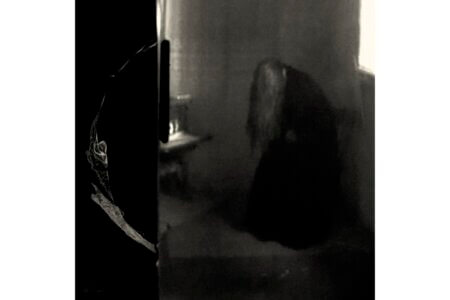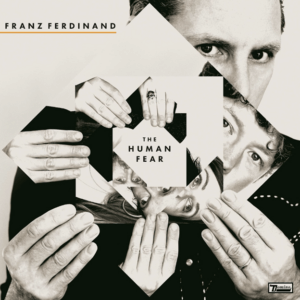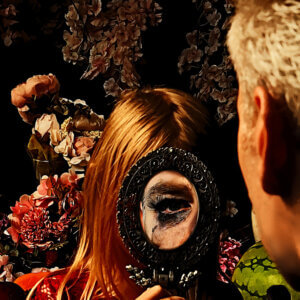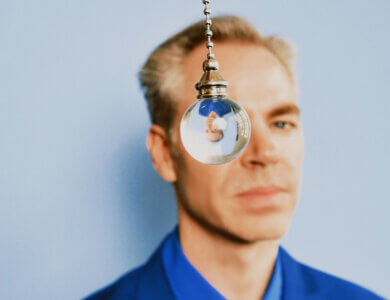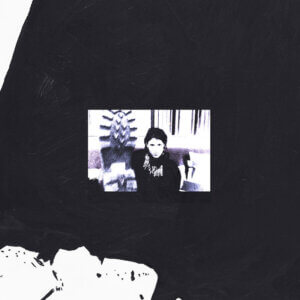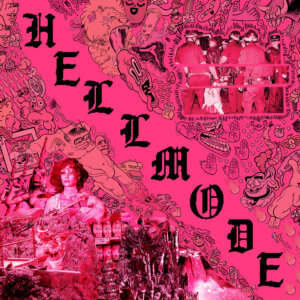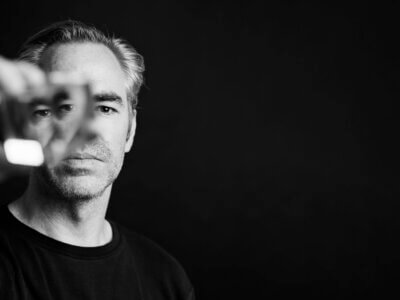Rodrigo Amarante Embraces It All
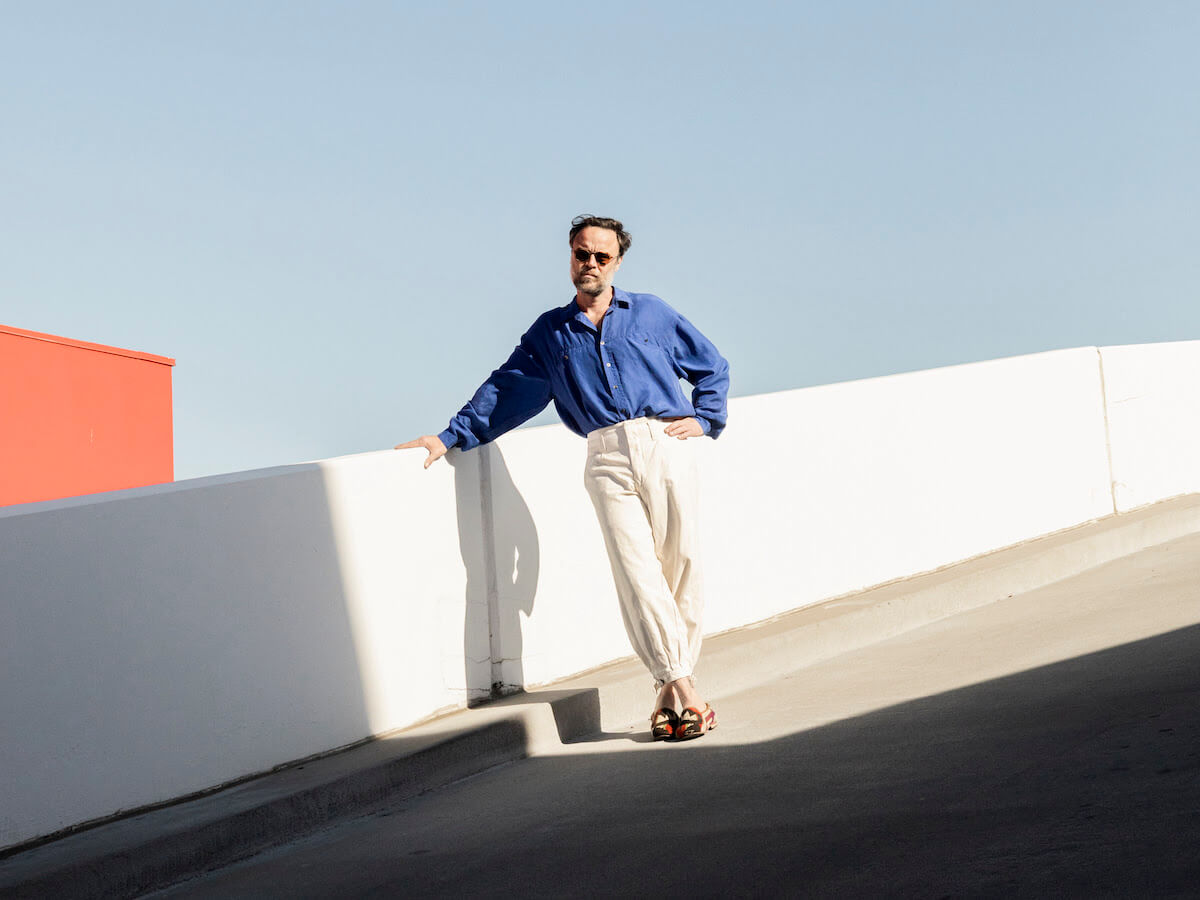
When first listening to Drama, Rodrigo Amarante’s magical new record, it almost feels more akin to opening up a book than putting on a record. There’s so much to envelop yourself in, to cling onto. It’s kinetic and mystical, grand and personal.
You immediately sense the detail and responsibility of Amarante’s voice in describing complex, existential ideas with a grace and simplicity that is inviting and endearing. Drama is the kind of album that unfolds and rewards with repeat listens, but touches deeply upon first impression. I called Amarante a day before the release of his new album. We had a memorable conversation (for me at least), and I felt that I could instantaneously relate with him and his work. One of the true gifts of this job is getting to hear artists like Amarante talk about their music. He’s vibrant and dear, and we both share a fondness for understanding the world through art.
Northern Transmissions: I was just curious if you went into Drama with any preconceived notions about what you wanted to accomplish.
Rodrigo Amarante: About preconceiving things, it’s quite the opposite, in the sense that this time more than ever, writing became a process of discovery. My initial intention was to write something a little faster, focused, more modal than tonal. Less modulations and rich harmonic progressions. Lyrics that are a little less heavy-handed.
As I was writing these songs, I had these feelings that felt like music: confusion, desperation. So I went on to investigate, “Why did I want to do that kind of [initial] record in the first place?” And as I was allowing myself to write these more dramatic things, I was sent to the memory of transitioning from Boy to Man. And what was around me and the idea of what a Man is. The fallacies around that, which spill over fallacies about women. The ultimate fallacy of the patriarchy.
But this is me now after talking about it a little bit, kind of arming it with this language that is more didactic. At the time it was more of just a feeling. The feeling of the theatre, of the masks I had to put on, or was playing with, to learn how to be an adult. And a lot of that had to do with coldness for men, with withdrawing, with not being Drama. And so that’s when things turned [in the writing process].
NT: And I love that you’ve embraced that drama, that confusion. And it’s kind of this contradiction of identities you have had to wear and the unreliability of memory. It sounds like this album made you more comfortable in this grey area [of confusion]. Would you describe your music as being in this grey area?
RA: Yeah, very much so. When I made my first solo record, it was clearly inescapable to deal with this identity crisis, which is: to create something that’s supposed to be me, that has my name on it, but it isn’t me. So that created a loop of doubles, right? The Joker, the Kid, kind of behind me, mocking me, praising me, or doing all of these things. But there was an attempt to forge a character. Even behind the curtains, I’m trying to find a genuine, focused, pure expression.
Now, I realize that’s silly, and a little bit narcissistic. Now, I look back and see that my voice is an amalgam of echoes of other voices. So, it’s more musical to try and investigate that, than to try and chase my tail, in terms of “true expression.” I’m putting on these masks, and they are voices, and these voices are the make up of my voice. Then I’m not selling the myth of this songwriter that gets hit with inspiration and opens these doors to his heart and it’s out on the page. Instead, I have this coloring book in front of me [laughs].
NT: Do you think it’s futile to try and get to this essence of “the pure artist” or is everyone this amalgamation of what they hear?
RA: I think both are equally true. I’m saying that my realization now–and it’s rich to me–is to think of my voice as these echoes and to embrace them. Because when I do embrace them, when I put on these masks, I create this distance between me and them. So that distance, that space between one and the other, is a field where I can hear this true voice and expression, which is my perception of the masks that make me up.
The method is like learning how to sing. I had to imitate Frank Sinatra. Or learning how to draw, I had to draw Garfield exactly like the artist did. But imitating, or putting on these masks [from my past], they’re less objective because these characters are malleable and they hide and show up, or you don’t really know who they are. They’re just voices you can put on, in that sense. In putting these voices on, I am trying to get to something that one could call “pure.”
It feels funny and childish and open. It feels more like a gut exercise than a head exercise.
NT: As someone who tries to be articulate and worries very much about the words I use to describe my condition, sometimes I feel like I get so caught up in my words that I can subvert my initial intention. Do you ever feel like you have to step back and go, “Okay, did I go too far into myself on that?” And just be instead of try?
RA: Yeah, I can absolutely relate. And I can see why you say that: the relationship with that and putting on a mask. I ask myself the question, “What if I do the opposite of this?” And I sort of did that with the record.
I realized I was holding something back for the sake of something that I didn’t care about, so I let it out. “Sky Beneath” is an example of that, in terms of changing direction in arrangement.
The original song is an American-style folk song. But I played it live a few times and I had a funny feeling about it. Deep down it came out of me so it serves me, but I didn’t know if it was interesting. So I decided, “What if I just sing over syncopated percussion? Let me see what that feels like. No harmonies whatsoever.” And I liked it. And I found this division that was there that reveals it isn’t quite an American folk song. It’s in six [beats per measure]. And then I took that syncopation and used a charango and a tenor ukulele to give it that traditional South American guitar duo thing. And then I went on to try all these different things. In the end, the arrangement reveals this confusion that worked musically.
NT: I think it’s brave to embrace that confusion. I think a lot of people try to shy away from that. And to be able to do that in an album and to have it so clearly articulated I think is really awesome. I think that’s a reason I relate to the album so well.
I feel like the articulating of [what the album is posthumously] is part of writing it, as a means to discovery. At times I found myself apologizing because I’m echoing something that’s not my voice.
It’s one of those voices that’s saying [incredulously], “Oh, how important! What you’re saying, oh my god! Should I grab a cigarette?” [laughs]. But it’s important to me. It’s a part of my process, that articulation. I don’t mean to force it upon anyone and say, “Oh, you like the record? Well pay attention to the lyrics because then you’re really gonna enjoy it.” [laughs].
I don’t mean to say that, because the people that are going to hear it are going to hear it. It doesn’t need me, hopefully. But I appreciate when someone says it does add to it. Because I have many different books on my favorite filmmakers [talking about their films], and I love it. Because I see things differently and it’s very rich to me. So I’m not sure if I’m apologizing or not [laughs], I’ll let you make that conclusion.
NT: I don’t think you should apologize. As someone who apologies way too much, I’m giving you a pass on not apologizing. The cover art is something I was immediately struck by as well: Hernan Paganini’s “The Manuscript.” I was curious how you went about choosing that.
RA: It’s interesting because that’s one of those things where it takes another turn, back to the beginning. A friend of mine brought it to me in the middle of the record before it was called Drama, and immediately I thought, “This is great. This is the cover.” And of course, I asked myself, “Why?” And there was a rain of answers.
The bottom half is a vessel. It’s pure and white, it feels heavy, like negative space. The top is a construction, there’s an architecture of connections. The colors are playful but meticulous. And there’s this moon and sun thing, and if you turn it to the side–like you often do with records–you end up seeing two faces tenderly coming together or whispering or kissing. And it feels like two sides of one creature. That’s just to illustrate why I love it. Even if these are just attempts to map the effect [it had on me].
I reached out to Hernan, who’s Argentinian, and we got along wonderfully. I’ve never met him in person but he feels like an old friend. There’s an objective thing that connects our work of memory and collage.
NT: I find that I have a big tie with music and connecting it with visuals, whether it’s a color, or our other senses like taste and touch. Do you feel like you have any parallels for Drama being a certain color or other sense?
RA: I have one sensorial suggestion now that you’ve asked. It’s that magenta that is particular to color pictures that age. That fail of magenta because the yellows start to leave. The single cover for “Maré” is a painting by a Brazilian artist, Luisa Zimmer Ritter; her work is about memory, too. She combines different family photos and creates these scenes and she sometimes emulates that color palette that is very magenta. This one is of a man walking on the beach towards the camera.
NT: Speaking of “Maré,” I read that it was based on a Spanish proverb, “The tide will fetch what the ebb brings.” I thought that was a beautiful description of destiny. Do you feel that destiny is an important part of the human condition? Or do you think that things that are worthwhile are products of our own manifestation?
RA: I believe that we are more existence than essence. That said, I can’t help but to believe that we know one thing: that we are one. That we are permeable, in the sense that we want to belong, that’s all we want. And consciousness does that, by itself, it separates us from everything else. There are these narratives that worship that separation and it translates freedom into independence. And I believe the other way around, that this idea of “freedom” is interdependence. So in that sense, I think our dreams and nightmares are integral to our makeup and that investigating them, loving them, is a means of transcending the suffering.
NT: I think that’s a beautiful way to think about our existence. Changing topics, I feel like Americans have this idea that they know what Brazilian music is. I’m sure you get described first as a Brazilian artist by American publications. Do you ever feel pigeonholed when you’re described that way?
RA: [Laughs] Yeah, I do, but it’s how things are. I can’t expect for people to be aware of the riches of Brazilian music because there’s a lot more than what goes out. But that’s natural. The way I’m presented, in that sense, doesn’t help with the “confusion.”
I play a parlour guitar from the ‘40s with electric guitar strings with a pickup and it’s painted with white house paint. At some point, it was broken in half and glued back together and painted white. And it’s all dirty and banged up.
When I picked up that guitar, I loved the sound, it’s a very different sound, and yet, it has a banjo bridge and I use flat wound strings and it really kills the sustain of the notes which brings it closer to the sound of a classical guitar. But, it’s not a classical guitar. People will see a picture of me and go, “Okay: Brazil, classical guitar. Bossa nova! I understand.” But I don’t want anybody to understand anything, I want to confuse them.
NT: Reading your bio for Drama, it’s very witty and unique, yet you’re talking about some very deep and almost mystical human experiences. Do you feel it’s important to have that humor?
RA: Yeah, I believe so. Sense of humor is a great form of intelligence. We very much need it, especially around heavy subjects. It’s a tool. Humor plays an important role in bringing out things that people can’t say with a straight face. It goes through the gut and reaches the head and you realize why you’re laughing. And that’s the usefulness of it.
NT: I really appreciate talking with you. It’s been an absolute pleasure.
RA: Really, thank you. Same here. I appreciate the time.
Rodrigo Amarante’s new album, Drama, is available now via Polyvinyl Records on LP, CD, tape and digital. “He’ll be playing a select number of shows in Los Angeles in the fall and starts a European tour next spring.”
Latest Reviews
Tracks
Advertisement
Looking for something new to listen to?
Sign up to our all-new newsletter for top-notch reviews, news, videos and playlists.
